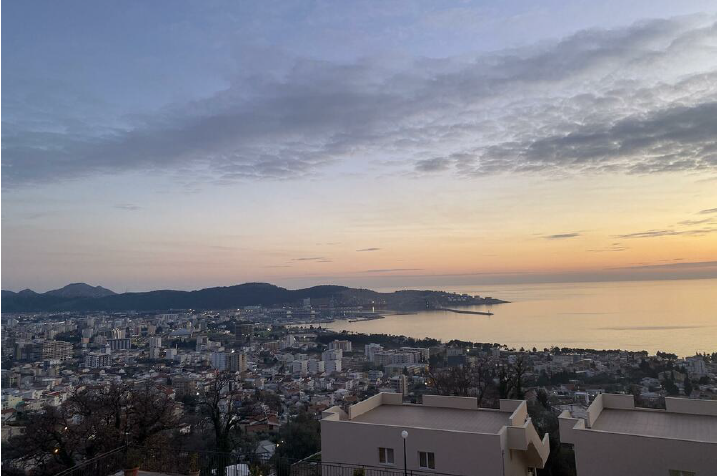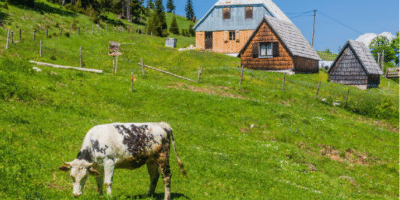Women in Bar report feeling unsafe in several parts of the city beneath Rumija. They’re dissatisfied with public spaces, saying many areas need better facilities and maintenance. These conditions shape their daily habits and sense of freedom.
They cite a lack of organized activities and feel excluded from decisions about public space. Many avoid certain areas, follow fixed routines, and adopt self-protection strategies. A common concern is avoiding spots where groups of men gather often places associated with alcohol or drug use like the area around the Bar Municipality building.
“I feel unsafe on the streets of Bjeliši and Taraboških junaka, especially due to poor lighting,” said a 24-year-old woman. Others mentioned avoiding the passage between the gymnasium and elementary school because it’s dark, isolated, and littered with open manholes.
Among the most unsafe places, according to the women surveyed, are the Ilino transport stop and the central bus and train stations. These areas are poorly lit, distant from the city center, and frequented by people perceived as threatening.
One woman avoids outdoor fitness areas because they feel dominated by men. She prefers the privacy of a gym.
Public Transport Rarely Used
According to a survey analysed by urban researcher Sonja Dragović, 55.9% of respondents never use Bar’s public buses, and only 1.3% use them daily. Rail transport is also underused, despite Bar’s connection to the capital by train.
When asked what they value in public space, respondents listed benches, pedestrian paths, greenery, and children’s playgrounds. But 72% said public toilets are lacking, followed by drinking fountains and bike paths.
Lighting is another divisive issue while some find it adequate, many say it’s inconsistent, varying widely between neighbourhoods.
The NGO “Pogon” collected data through interviews and surveys, focusing on how women interact with public spaces in Bar. Interviewees came from Šušanj, Sutomore, Stari Bar, and other neighbourhoods, ranging in age from 19 to 67.
Despite their differences, many shared similar routines and concerns. King Nikola’s Promenade is the most frequented space, used for walking and recreation. Other common areas include local parks, sports fields, town squares, and beaches.
Needs vary by location. A woman from Virpazar said her town lacks a pharmacy and described its public space as underused, wishing for more cultural events.
Public hygiene was a major concern, especially on the beaches during tourist season. As a result, many women prefer spending time in private venues. A few mentioned enjoying nature, but most stick to familiar, commercial spaces.
Older women noted that poor infrastructure prevents them from going out regularly. Others pointed to unsafe or unclean children’s parks, and a lack of amenities like benches and trash bins.
Nearly half of respondents said movement is restricted by obstacles like parked cars or construction. Over 40% cited poor lighting, and more than a third said there aren’t enough sidewalks, accessible toilets, or stroller-friendly spaces.
Low Involvement in Decisions
Most women said they’d like to be more involved in decision-making about urban development. While older women prefer direct communication, younger ones lean toward digital tools. Some suggested local officials should visit neighborhoods to hear concerns directly.
Yet 74.4% of respondents have never participated in public consultations, discussions, or protests. Only 4.8% said they feel well-informed about spatial planning processes.
“There’s a major opportunity to improve citizen involvement in shaping public space and broader urban policy,” Dragović said.
One woman summed it up: “Bar has basically become one big toilet for men. Women are left to cope.”
Safety Comes with Familiarity
“I go everywhere by car now. I used to be scared walking, especially when I lived in the upper part of Šušanj,” said one woman, reflecting a common pattern women feel safe only in familiar places, during the day, and often when accompanied by someone.
Even places like King Nikola’s Promenade are not immune one woman recalled a man exposing himself there. She often felt followed or watched.
While many women initially say they feel safe, deeper conversations reveal caution, avoidance, and constant awareness. Areas most often avoided are described vaguely dark streets, alleyways, city edges, or spaces around abandoned buildings.
Written by our correspondent A.A.



